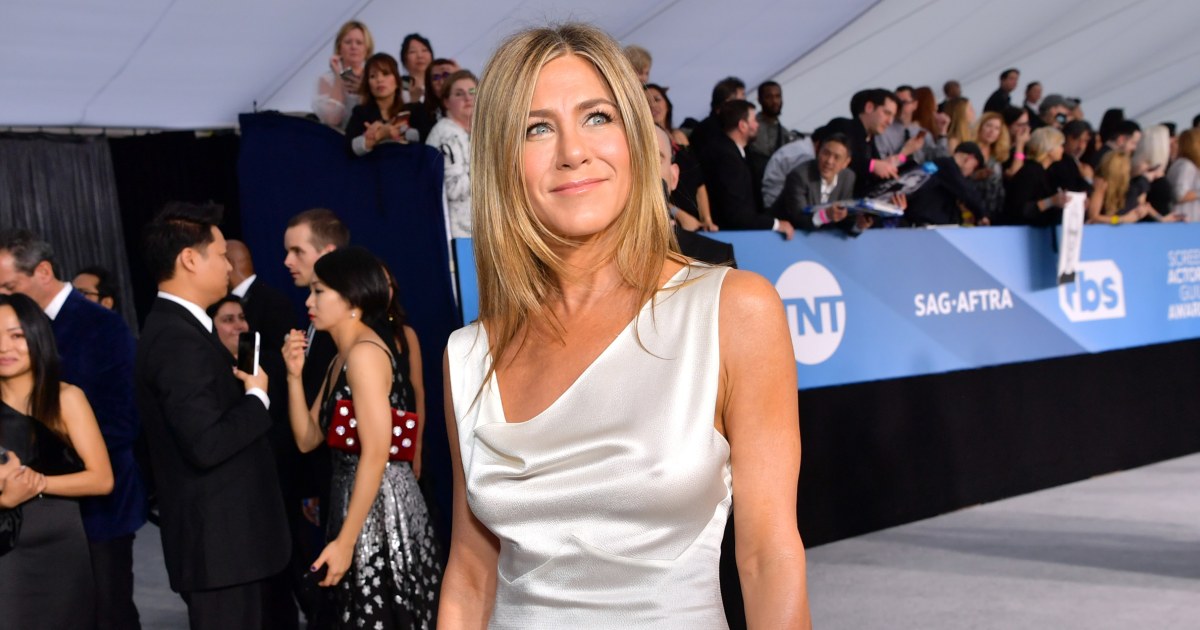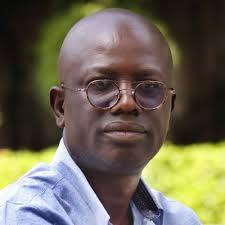As a teen, I remember watching “Friends” star Jennifer Aniston host “Saturday Night Live” back in 2004. In one sketch, she poked fun at the media obsession over whether she was going to have a baby by playing a photographer on a red carpet demanding to know when someone was going to get pregnant. I never forgot this clip, since it suggested that she could make light of the bombardment of scrutiny she was facing over her not accessorizing with a baby.
I didn’t expect that I would one day be in that position myself, however — a childless 30-something dodging comments about when I’d reproduce. And until an interview in Allure magazine on Wednesday in which Aniston revealed she’d actually tried to get pregnant, I didn’t realize that our experiences were even more congruent: I also want children, but many assume that I am too selfish/busy/successful to get started.
When the broader society feels free to make assumptions and cast aspersions on your childless status, it only picks at a festering wound.
It’s been validating to find out Aniston’s story tracks with mine. But by being open, she’s unfortunately invited commentary from people who consider her selfish for not wanting to adopt, or who feel like she gave up on having a child too soon. These comments undermine the peace that those of us who want children and don’t have them feel — in many cases, one we’ve struggled to obtain.
In the interview, Aniston divulged that all of the speculation was “really hard,” yet that in the midst of it, she kept trying to get pregnant. “I was going through IVF, drinking Chinese teas, you name it. I was throwing everything at it.” She said that in the end, she’s come to terms with her childlessness, knowing that “the ship has sailed.”
She noted that now, “I have zero regrets.” In fact, she added, “I actually feel a little relief now because there is no more, ‘Can I? Maybe. Maybe. Maybe.’ I don’t have to think about that anymore.”
Like her, my desire for kids has so far failed to materialize into an actual baby. I’m grieving childlessness quite a bit, and the comments I hear only make it worse. People have asked me why I won’t give my husband kids, why I don’t adopt, they tell me that I need to “at least have one.”
Whether or not I want a child, the probing questions I endure at holidays should never be part of the annual ritual. But Aniston’s revelation is a reminder that those pushing their agenda of motherhood on someone else might not just be minimizing someone’s life choices, but actually pressing on one of the most painful spots in our souls.
If you follow any IVF or childless-not-by-choice communities on social media, you’ll see that people stop trying for different reasons. Some can’t afford to keep going through fertility treatments, for others it’s taken too heavy a toll on their bodies and psyches. Sometimes health concerns arise that make it impossible to conceive. Others find that they actually prefer to keep their lives as they are. Whatever the cause, none of us need a reminder that we could’ve just “tried harder.”
The comments asserting that Aniston should have adopted after IVF didn’t work are equally obnoxious. Adoption isn’t a substitute for having your own biological child, especially when someone wants to go through the primal process of carrying a baby. It also isn’t always the fairytale ending that it’s often depicted as.
My own mother was adopted into a loving family, but that doesn’t mean she doesn’t still have wounds from not being raised by her biological family. Adoption can be painful for the new parents as well, and often is financially out of reach. The process also runs the risk of being unethical: Some moms want very much to keep their babies but are forced to give them up, a fact to which the adopting parents aren’t necessarily privy.
Now that we know what little we do about Aniston’s battle, we can only surmise that the constant media attention must have been brutal. The grief of infertility can be pervasive and prolonged, with people mourning the children they didn’t have well into old age. When the broader society feels free to make assumptions and cast aspersions on your childless status, it only picks at a festering wound.
It’s too late to undo the damage Aniston experienced, but it is still possible to spare the next childless woman the same treatment. It’s quite possible that like Aniston, they’re facing a private struggle. Even if you think someone would be a great parent or that they’re financially set, it’s invasive and rude to weigh in on their prospects of reproduction. It’s best if you mind your own fertility.
Share your story or advertise with us: Whatsapp: +2347068606071 Email: info@newspotng.com













